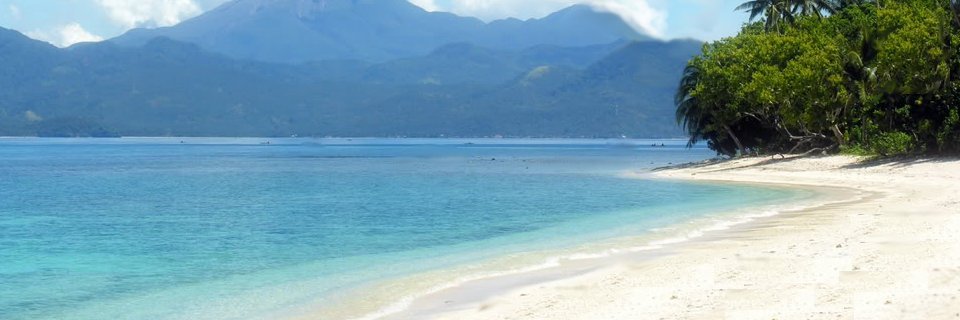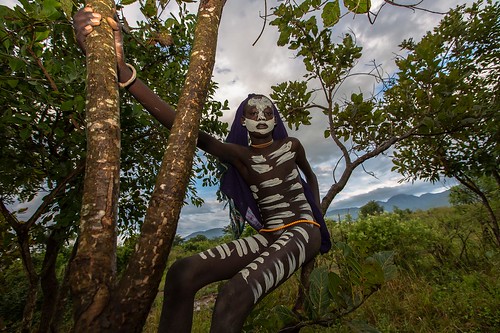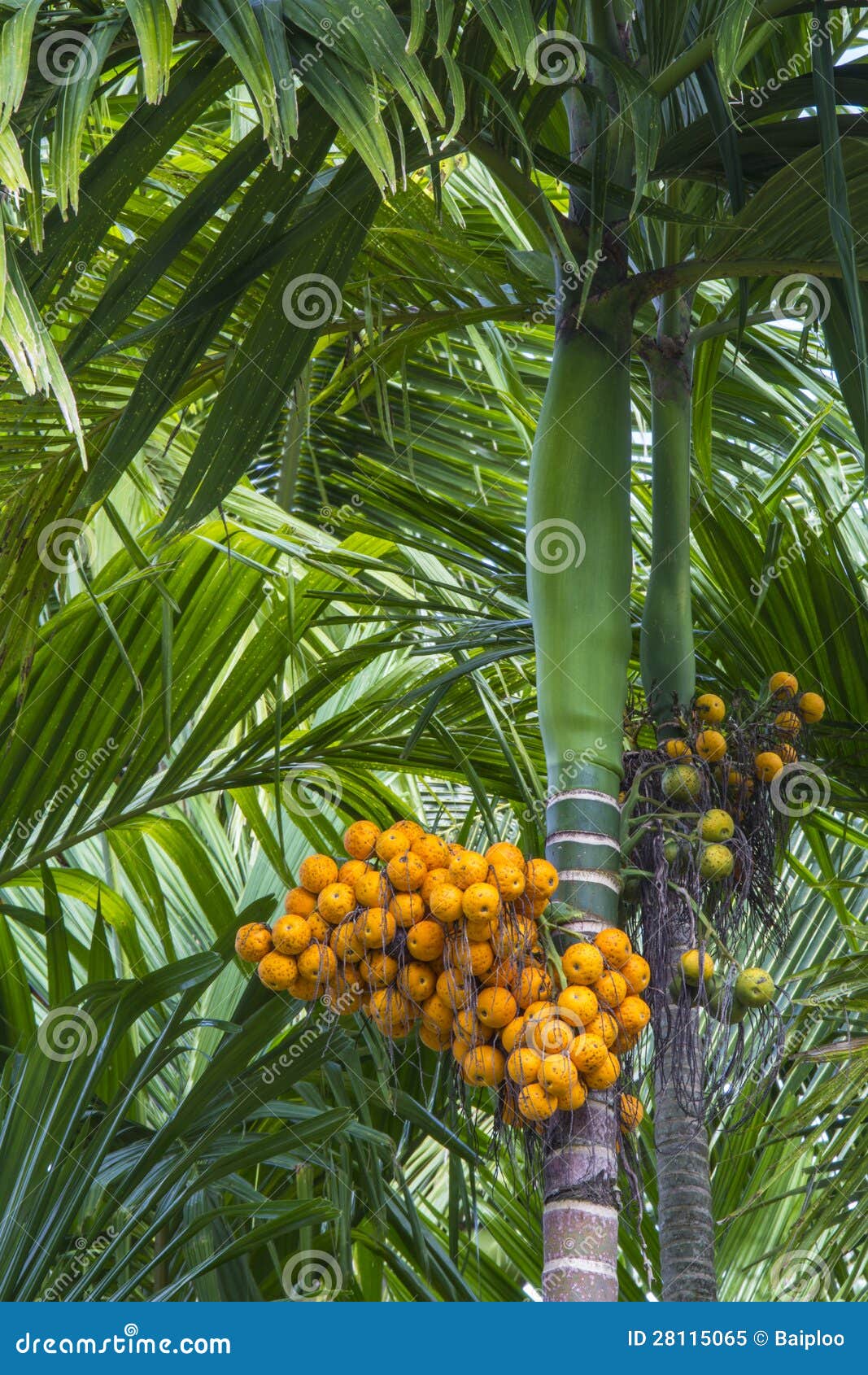LOCATION:
ten degrees north latitude, and a hundred and sixty-one degrees longitude from the line of demarcation
NEAR LIMASAWA ISLAND CRAGA REGION OF MINDANAO

THE VISIT OF THE KING
They were ready to meet the King now, when all was so friendly and promising. The good soul of Pigafetta felt that these islands of fruits and spiceries were indeed an earthly paradise. He alone had not been sick in all of the long monotonous voyage across the Pacific. His strength had never abated and his faith in the Admiral had never faltered.Night after night he had watched the lantern swinging in the unknown air, and had said his prayers. He had had ever a cheering word to say to the Admiral on all occasions. His heart was true to the lantern, the stars, the Admiral, and the Divine Power which he believed was leading him.

datu kulambu king from mindanao visits arrival of magellan near limasawa island
He was now in the sea gardens of palms and spices. He thus continues his narrative.
the next day, which was [117]Good Friday, the Captain sent on shore a slave, who was an interpreter, to the King to beg him to give him for money some provisions for his ships, sending him word that he had not come to his country as an enemy, but as a friend. The King on hearing this came with seven or eight men in a boat, and entered the ship, and embraced the Captain, and gave him three China dishes covered with leaves full of rice, and two dorades, which are rather large fish. The Captain gave this King a robe of red and yellow cloth, made in the Turkish fashion, and a very fine red cap, and to his people he gave knives and mirrors. After that refreshments were served up to them. The Captain told the King, through the interpreter, that he wished to be with him, as cassi cassi; that is to say, brothers. To which the King answered that he desired to be the same toward him. After that the Captain showed him cloths of different colors, linen, coral, and much other merchandise, and all the artillery, of which he had some pieces fired before him, at which the King was much astonished; after that the Captain had one of his soldiers armed with white armor, and placed him in the midst of three comrades, who struck him with swords and daggers.
"The King thought this very strange, and the Captain told him, through the interpreter, that a man thus in white armor was worth many common men; he answered that it was true; he was further [118]informed that there were in each ship two hundred like that man.
"After that the Captain showed him a great number of swords, cuirasses, and helmets, and made two of the men play with their swords before the King; he then showed him the sea chart and the ship compass, and informed him how he had found a strait, and of the time which he had spent on the voyage; also of the time he had been without seeing any land, at which the King was astonished. At the end the Captain asked if he would be pleased that two of his people should go with him to the places where they lived to see some of the things of his country. This the King granted, and I went with another."
The Italian was again in his element, and he gives a graphic account of his visit to the natives:
"When I had landed, the King raised his hands to the sky, and turned to us two, and we did the same as he did; after that he took me by the hand, and one of his principal people took my companion, and led us under a place covered with canes, where there was a ballanghai; that is to say, a boat, eighty feet long or thereabouts, resembling a fusta. We sat with the King upon its stern, always conversing with him by signs, and his people stood up around us, with their swords, spears, and bucklers. Then the King ordered to be brought a dish of pig's flesh and wine. Their fashion of drinking is in this wise: they [119]first raise their hands to Heaven, then take the drinking vessel in their right hand, and extend the left hand closed toward the people. This the King did, and presented to me his fist, so that I thought that he wanted to strike me; I did the same thing toward him; so with this ceremony, and other signs of friendship, we banqueted, and afterward supped with him."
The Italian was a pious man, but he says:
"I ate flesh on Good Friday, not being able to do otherwise, and before the hour of supper, I gave several things to the King, which I had brought. There I wrote down several things as they name them in their language, and when the King and the others saw me write, and I told them their manner of speech, they were all astonished.
"When the hour for supper had come, they brought two large China dishes, one of which was full of rice, and the other of pig's flesh, with its broth and sauce. We supped with the same signs and ceremonies, and then went to the King's palace, which was made and built like a hay grange, covered with fig and palm leaves."
Here the two found delightful hospitality; the house was "built on great timbers high above the ground, and it was necessary to go up steps and ladders to it. Then the King made us sit on a cane mat, with our legs doubled as was the custom; after half an hour there was brought a dish of fish roast [120]in pieces, and ginger fresh gathered that moment and some wine. The eldest son of the King, who was a Prince, came where we were, and the King told him to sit down near us, which he did; then two dishes were brought, one of fish, with its sauce, and the other of rice, and this was done for us to eat with the Prince. My companion enjoyed the food and drank so much that he got drunk. They use for candles or torches the gum of a tree which is named anime, wrapped up in leaves of palms or fig trees. The King made a sign that he wished to go to rest, and left us with the Prince, with whom we slept on a cane mat, with some cushions and pillows of leaves. Next morning the King came and took me by the hand, and so we went to the place where we had supped, to breakfast, but the boat came to fetch us. The King, before we went away, was very gay, and kissed our hands, and we kissed his. There came with us a brother of his, the King of another island, accompanied by three men. The Captain General detained him to dine with us, and we gave him several things."
The King abounded in gold, and was a grand figure. In the island belonging to the King who came to the ship there are mines of gold, which they find in pieces as big as a walnut or an egg, by seeking in the ground. All the vessels which he makes use of are made of it, and also some parts of his house, which was well fitted up according to the [121]custom of the country, and he was the handsomest man that we saw among these nations. He had very black hair coming down to his shoulders, with a silk cloth on his head, and two large gold rings hanging from his ears; he had a cloth of cotton worked with silk, which covered him from the waist to the knees; at his side he wore a dagger, with a long handle which was all of gold, his sheath was of carved wood. Besides he carried upon him scents of storax and benzoin. He was tawny and painted all over."
EASTER SUNDAY.—MAGELLAN PLANTS THE CROSS.
Now begins the dawn of Christianity in the Philippines. Magellan was a deeply religious man, and Pigafetta was a Christian Knight. Magellan saw the significance of his marvelous voyage, and his soul glowed with gratitude to Heaven.
Easter Sunday approached. Magellan had made preparations to plant a cross on a mountain overlooking the sea.
Easter Sunday fell on the last day of March. "The Captain," to follow the Italian's narrative in part, "sent the Chaplain ashore early to say mass, and the interpreter went with him to tell the King that they were not coming on shore to dine with him, but only to hear the mass.

TAGANITO
"When it was time for saying mass the Captain went ashore with fifty men, not with their arms, but only with their swords, and dressed as well as each one was able to dress, and before the boats reached the shore our ships fired six cannon shots as a sign of peace
"At our landing the two Kings of the islands were there, and received the Captain in a friendly manner, and placed him between them, and then we went to the place prepared for saying mass, which was not far from the shore."
The ceremonies that followed were dramatic. "Before the mass began the Captain threw a quantity of musk-rose water on those two Kings," is the picture drawn by the Italian, "and when the offertory of the mass came, the two Kings went to kiss the Cross like us, but they offered nothing, and at the elevation of the body of our Lord they were kneeling like us, and adored our Lord with joined hands. The ships fired all their artillery at the elevation of the body of our Lord."
The scene that followed discloses the religious nature of Magellan and his joy in what was ennobling.
He caused a great cross to be lifted, "with the nails and crown, to which the Kings made reverence." He told the Kings that he wished to place it in their country for their profit, "because if there came afterward any ships from Spain to those islands, on seeing this cross, they would know that we had been there, and therefore they would not cause them any displeasure to their persons nor their goods; and if they took any of their people, on showing them this sign, they would at once let them go."
The Captain continued his address to the Kings in the same spirit. He told them that it was necessary that this cross "should be placed on the summit of the highest mountain in their country, so that seeing it every day and night they might adore it." He further told them that if they did thus, "neither thunder, lightning, nor the tempest could do them hurt." This he believed to be true. The Kings "thanked the Captain, and said they would do it willingly." The Captain asked them how they worshiped. They answered that "they did not perform any other adoration, but only joined their hands, looking up to Heaven, and that they called their God Aba. Hearing this, the Captain was very joyful; on seeing that, the first King raised his hands to the sky and said that he wished it were possible for him to be able to show the affection which he felt toward him."
-001.JPG)
CALAGHAN ( Now it is called CARAGA region
"After the two Kings and the Captain rested themselves, and, while conversing, I asked where was the best port for obtaining victuals. They replied that there were three; that is to say, Ceylon, Zubu, and Calaghan; but that Zubu was the largest and of the most traffic. Then the Kings [126]offered to give him pilots to go to those ports, for which he thanked them, and deliberated to go there, for his ill-fortune would have it so. After the cross had been planted on the mountain, each one said the Paternoster and Ave Maria, and adored it, and the Kings did the like. Then he went down below to where their boats were. There the kings had brought some of the fruit called cocos and other things to make a collation and to refresh us."
The fleet sailed away soon after Easter Monday, the Captain having secured native pilots from the Kings. One of the Kings volunteered to act himself as pilot, and this service was accepted.
IMAGES OF CALAG PEOPLE




Pigafetta describes the use of betel:
"This kind of people are gentle, and go naked, and are painted. They wear a piece of cloth made from a tree, like a linen cloth, round their body to cover their natural parts; they are great drinkers. The women are dressed in tree cloth from their waists downward; their hair is black, and reaches down to the ground; they wear certain gold rings in their ears. These people chew most of their time a fruit which they call areca (betel), which is something of the shape of a pear; they cut it in four quarters, and after they have chewed it for a long time they spit it out, from which afterward they have their mouths very red. They find themselves the better from the use of this fruit because it refreshes [127]them much, for this country is very hot, so that they could not live without it.
ANCIENT CEYLON

ISLAND OF SATIGHAN
BOHOL
BAI BAI presently called Baybay
The fleet next went to Maestral, "passing through five islands—Ceylon, Bohol, Canighan, Baibai, and Satighan. In the Island of Satighan was a kind of bird called barbarstigly, which was as large as an eagle. Of these we killed only one," says our narrator, "because it was late. We ate it, and it had the taste of a fowl. There were also in this island doves, tortoises, parrots, and certain black birds as large as a fowl, with a long tail. They lay eggs as large as those of a goose. These they put a good length under the sand in the sun, where they were hatched by the great heat, which the heated sand gives out; and when these birds were hatched they pushed up the sand and came out. These eggs are good to eat.
CEBU ISLANDS AT PRESENT TIME

cebu called zubu by pegafetta

NATIVES OF ZUBU DURING ARRIVAL OF MAGELLAN
ZUBU presently called Cebu
From this island of Mazzubua to that of Satighan there are twenty leagues, and on leaving Satighan we went by the west; but the King of Mazzubua could not follow us; therefore we waited for him near three islands; that is to say, Polo, Ticobon, and Pozzon. When the King arrived he was much astonished at our navigation; the Captain General bade him come on board his ship with some of his principal people, at which they were much pleased. Thus we [128]went to Zubu, which is fifteen leagues off from Satighan."
The story of the Italian here, which we so freely use, leaves in the mind a picture of the first voyage among the Philippines. The habits of the people in these same islands are not greatly changed, but we hardly find there now as tractable kings as were those to whom Magellan left the Cross
=================================================
http://www.gutenberg.org/files/37814/37814-h/37814-h.htm
=================================================
No comments:
Post a Comment